Latest News
Cement Price Hike Investigation Concluded
2021-03-17
The Competition and Consumer Protection Commission (CCPC) wishes to bring it to the attention of the public that it has been closely observing the operations of the market players in the Cement Market and did in fact institute investigations into possible cartel conduct in January 2020.
To this effect, the Commission wishes to inform the public that it has now concluded its investigation involving the three (3) cement manufacturing companies.
And will, in accordance with guidelines under the Competition and Consumer Protection Act No 24 of 2010, share the investigation findings with the involved parties to ensure adherence to due process, consequently to which the Board of Commissioners will adjudicate on the matter.
The Commission is alive to the high-level public interest in this matter and implores the public to exercise patience allowing the process to reach its logical conclusion at which point, the determination of the Board will be duly communicated.
Namukolo M. Kasumpa
CCPC Fines Seven Fish Fingerlings Producers and Distributors 9% and 10% of their Annual Turnover for Cartel Conduct
2021-03-16
The Board of Commissioners of the Competition and Consumer Protection Commission (CCPC) has fined seven (7) Fish Fingerlings Producers and Distributors in Zambia upto 10% percent of their annual turnover for price fixing.
The decision to fine the companies was made during the 48th Board of Commissioners meeting on Adjudication of cases held on 5th February 2021. This was after a Commission initiated investigation in April 2020, which found that Fish Fingerlings Producers and Distributors were engaged in a cartel when they issued a public notice for an impending uniform price increment for the price of fish fingerlings.
The seven companies namely; Palabana Fisheries Limited, Mukasa Agro Solutions and Fish Farm Limited, Savana Streams Limited; and Chirundu Bream Farm Limited, First Hatch Investment Limited, Iban Aquafish Solutions and Consultancy Limited; and Msekese Fisheries Limited were involved in collusive practices contrary to Section 8 and 9 of the Competition and Consumer Protection Act (CCPA) No. 24 of 2010.
Further, the investigation revealed that there was no justification for all companies to have a common pricing policy as each company had different production and distribution costs, and would therefore not all take the same time to produce and distribute the fish fingerlings.
The Board noted that the objective of the restrictive agreement not only increased prices of fish fingerlings but also reduced customer choice as competitive pricing was eliminated.
Based on these facts, the Board of Commissioners decided to fine six (6) Fish companies 9% and of their annual turnover and Palabana Fisheries Limited 10% in accordance with Section 8 and 9 of the CCPA.
We would like to warn businesses that are engaged in collusive arrangements to desist from such conduct. The Commission remains steadfast in its commitment to root out collusive and anti-competitive practices which negatively impact on Zambia’s quest to promote a competitive business environment and an inclusive economy for job creation.
Namukolo Kasumpa
CCPC Investigates Extra 24 Limited
2020-07-09
The Competition and Consumer Protection Commission (CCPC) wishes to inform the general public in accordance with Section 5(d) and 5(f) of the Competition and Consumer Protection Act No. 24 of 2010 (“the Act”), that Extra 24 Limited, a company dealing in supply of building materials is under investigation, for misleading representations and non-provision of services with reasonable care and skill and within a reasonable time, which conduct appears to be in violation of Section 46(1) as read together with Section 45(a) and Section 45(b); and Section 49(5) of the Act.This follows numerous complaints received by the Commission from consumers alleging that Extra 24 Limited has been failing to deliver building materials on agreed dates despite receiving payment for the materials and their delivery. Notices of Investigation have since been issued against Extra 24 Limited, but to no avail.
The Commission is thus informing Extra 24 Limited to avail themselves at the Commission offices on or before 15th July, 2020 with appropriate responses to the said allegations as specified in the Notices of Investigations sent. The Commission would further like to bring to the attention of Extra 24 Limited that non-response is a prosecutable offence under Section 55(4) of the Act. In view of this, the Commission wishes to advise the general public to be cautious as they deal with Extra 24 Limited.
The Commission further encourages members of the public who may have similar complaints or information pertaining to the above mentioned investigations, to contact the Commission by calling the toll-free line 5678, lodge a complaint through our website: www.ccpc.org.zm or visit our office on the 4th Floor, Main Post Office Building, Cairo Road, Lusaka
Naomi Fulaza
CCPC Cautions Public against Online Notification Prize Scam.
2020-07-01
The Competition and Consumer Protection Commission (CCPC) would like to warn the general public to be cautious of a New Zealand Lotto Award scam which is circulating online requesting consumers to submit their personal information with intent to extort money from people’s accounts.According to preliminary investigations conducted by the Commission, the scam indicates that the Acculotto Group Organization in collaboration with the National New Zealand Lottery had conducted a first promotional draw on 26th June,2020 in which eight (8) winners were selected for a lump sum of two million five hundred thousand Euro (€2,500,000.00), out of over two million five hundred thousand (2,500,000) email addresses collected worldwide from individuals and companies using a computer ballot system.
The Commission wishes to state that the notification in question is untrue and that there was no such draw conducted by the National New Zealand lottery contrary to what the scam purports.
Thus, the Commission is cautioning the general public not to offer or disclose their personal details such as age, sex, name, address, contact number, nationality, country of residence, National Registration Card (N.R.C), passport,occupation and bank account information.
Further, the public is urged to diligently ascertain the authenticity of any online notification before disclosing any of the aforementioned details as failure to do so may expose them to internet scams and fraudsters.
CCPC also wishes to warn all business enterprises who are perpetuating the dissemination of content aimed at misleading consumers to desist from engaging into such conduct as that is punishable under the Competition and Consumer Protection Act (CCPA) No.24 of 2010.

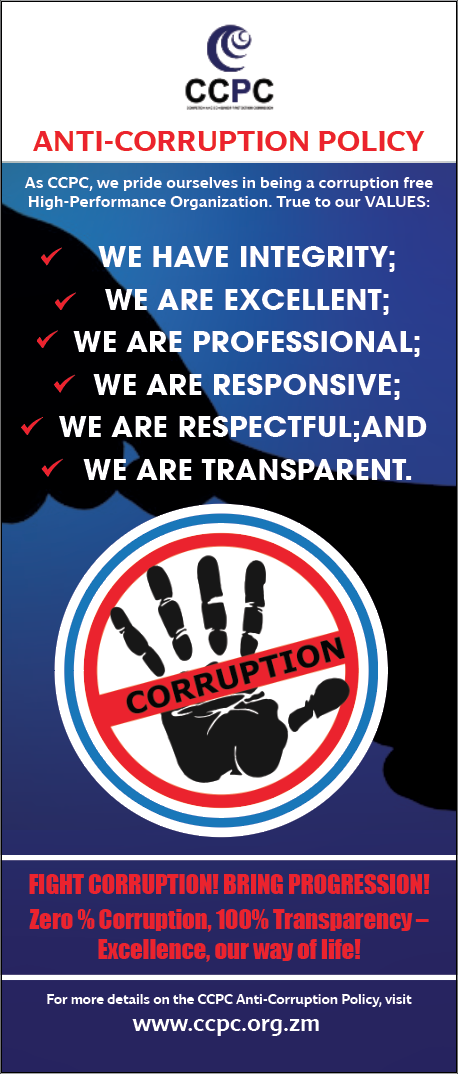
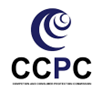

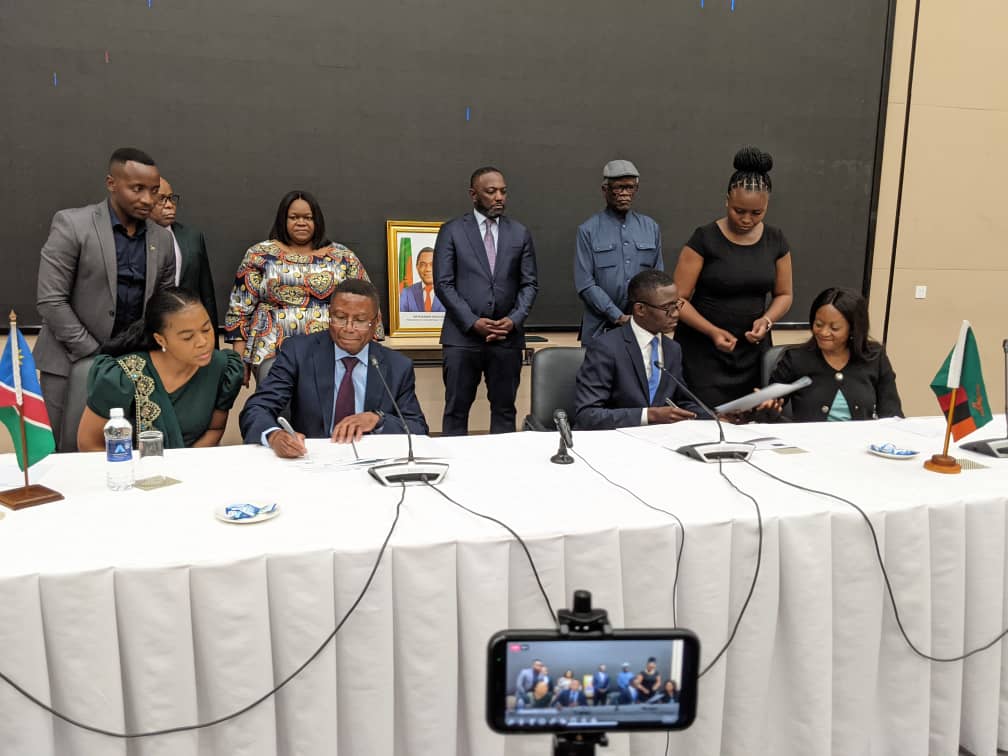
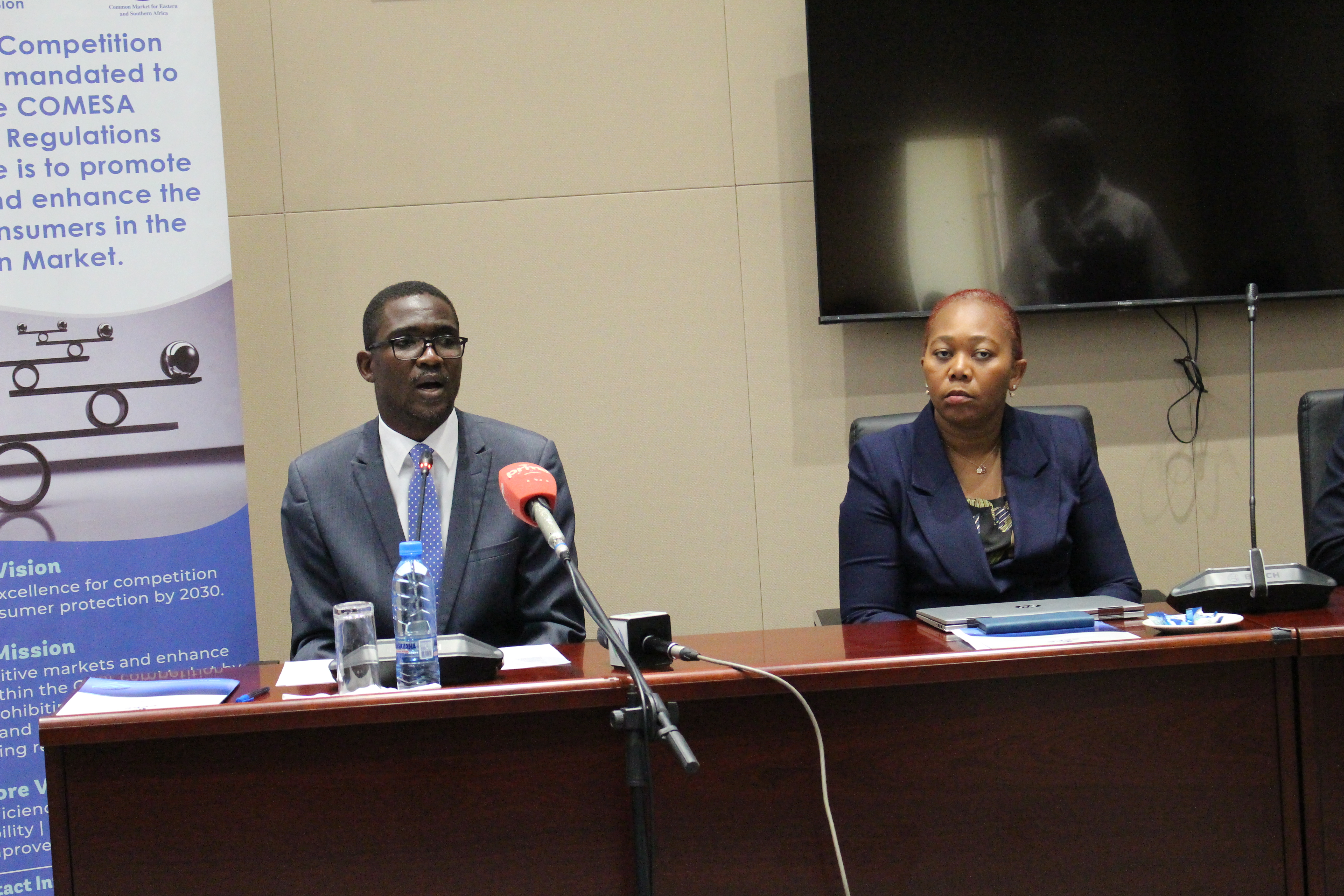
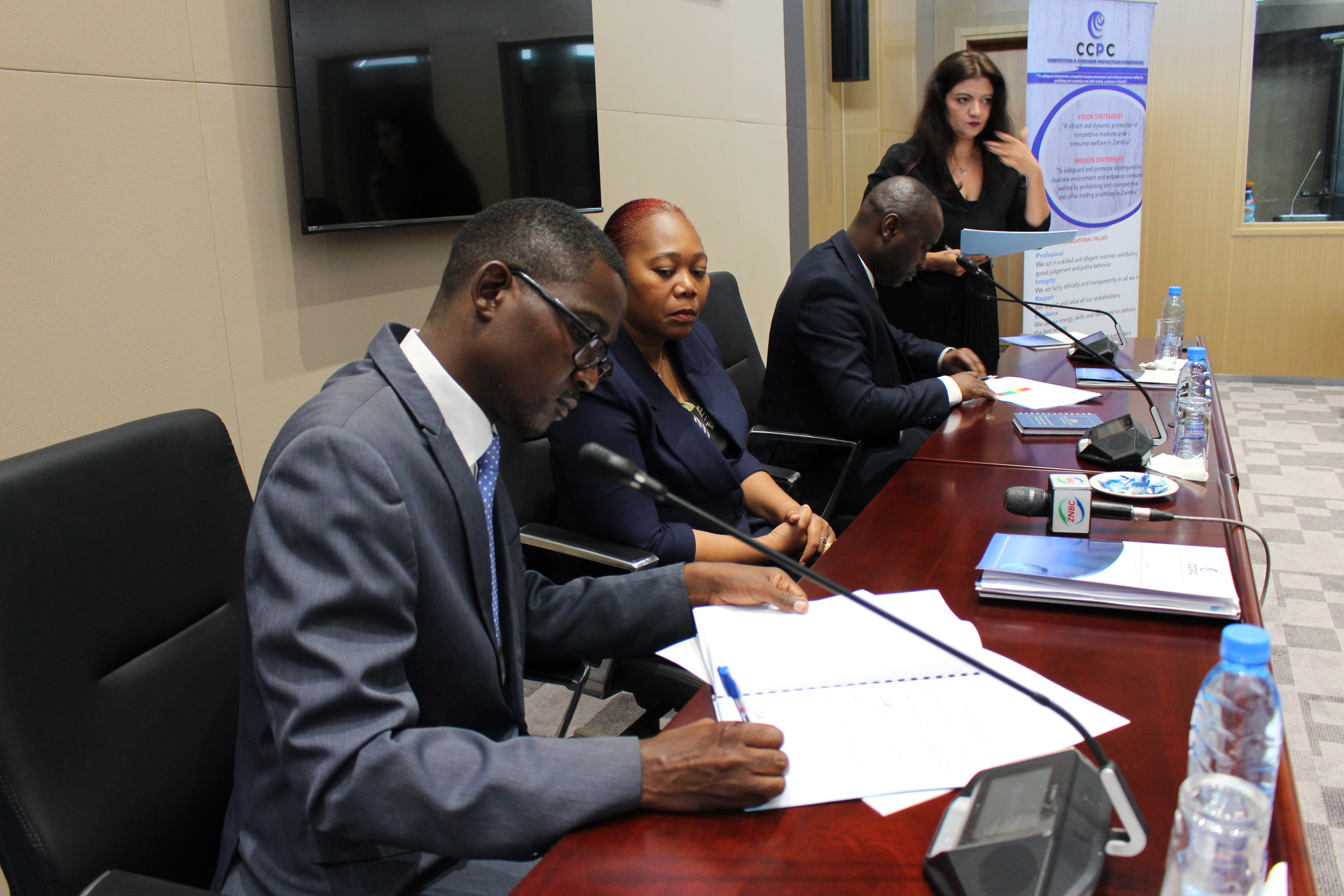

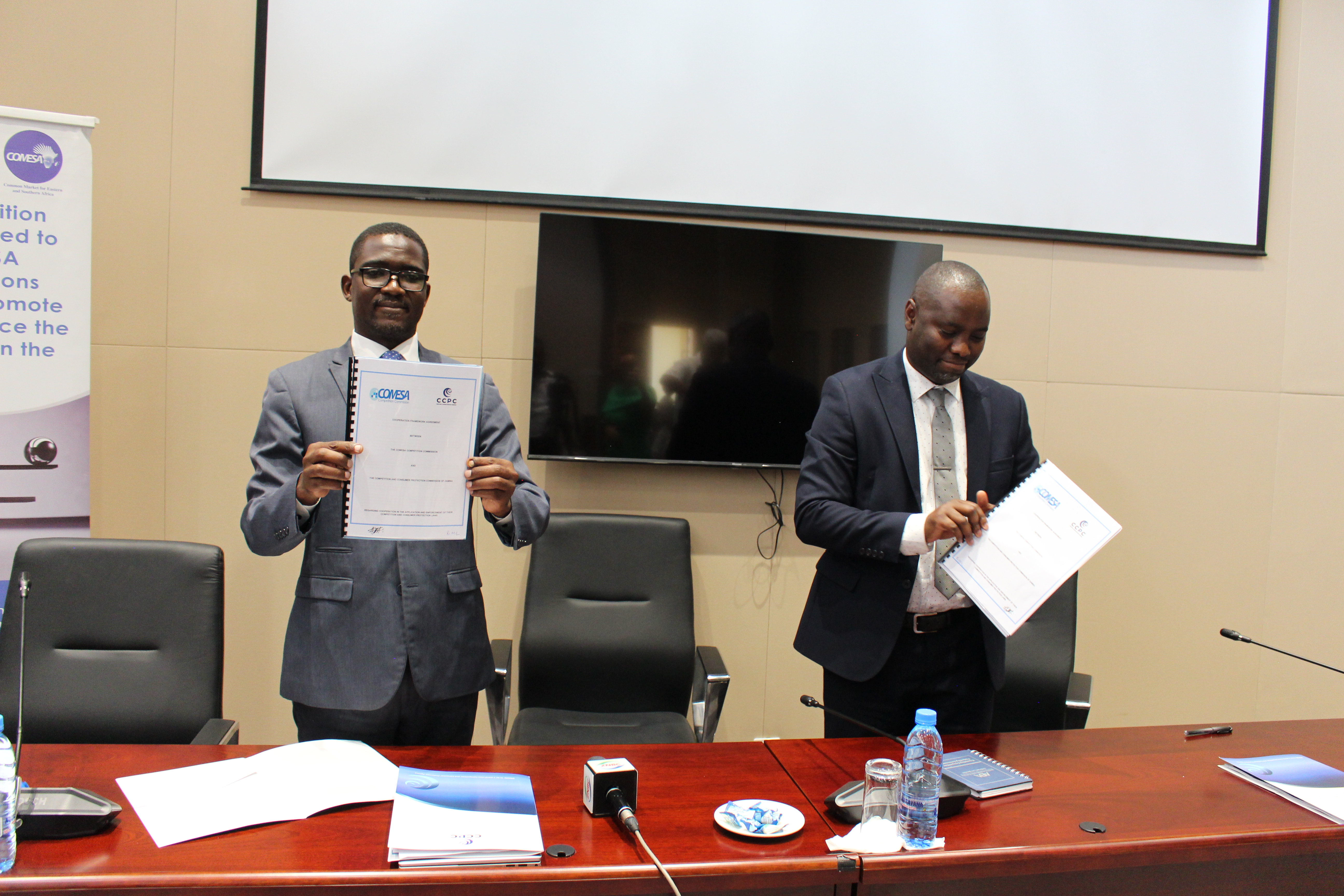
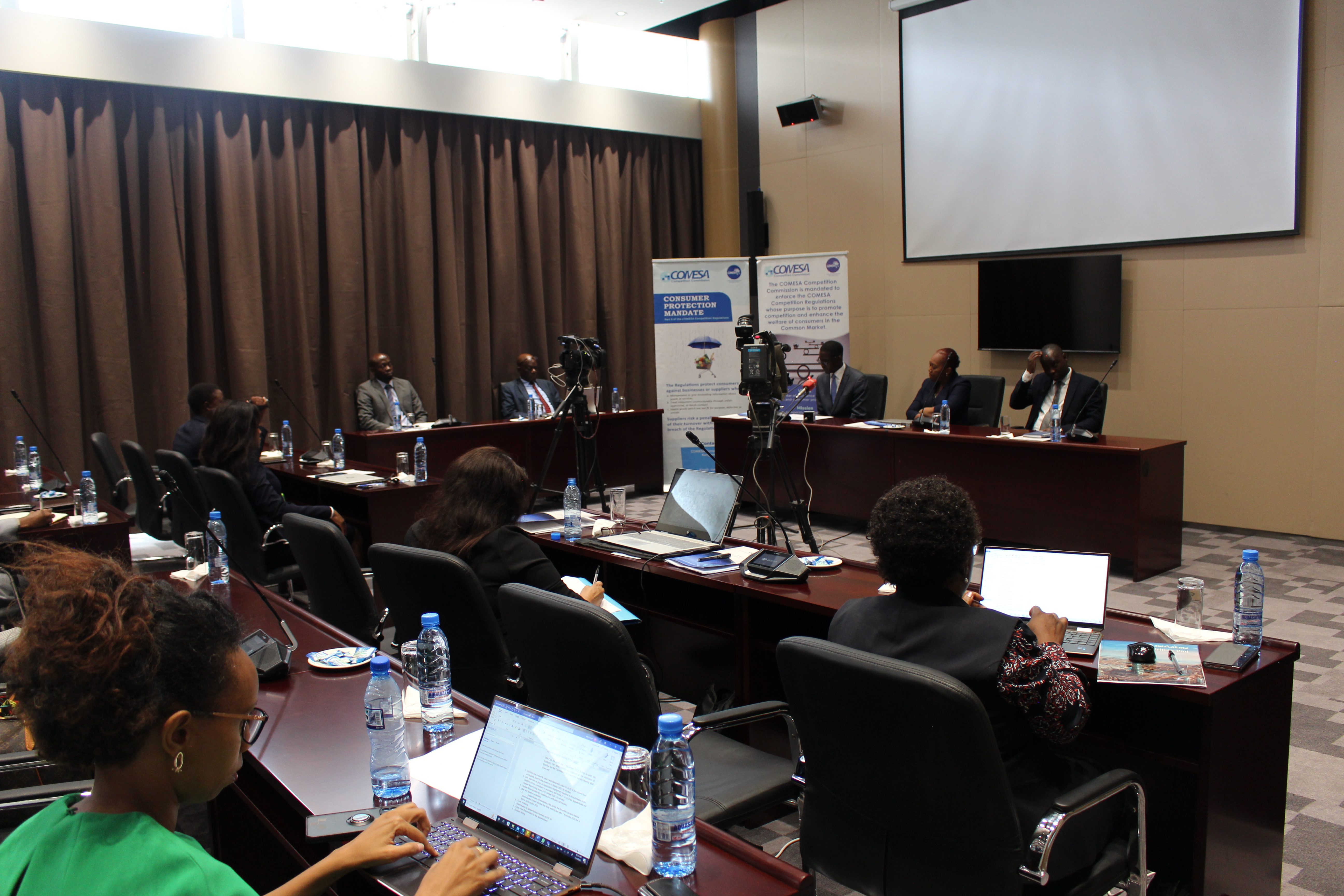
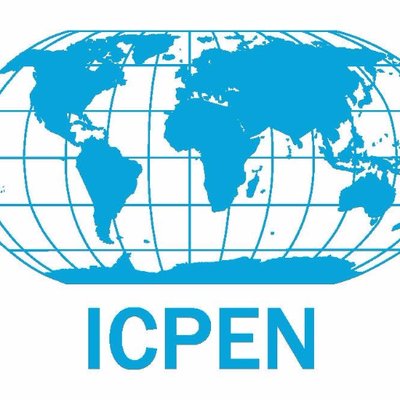 International Consumer Protection
International Consumer Protection